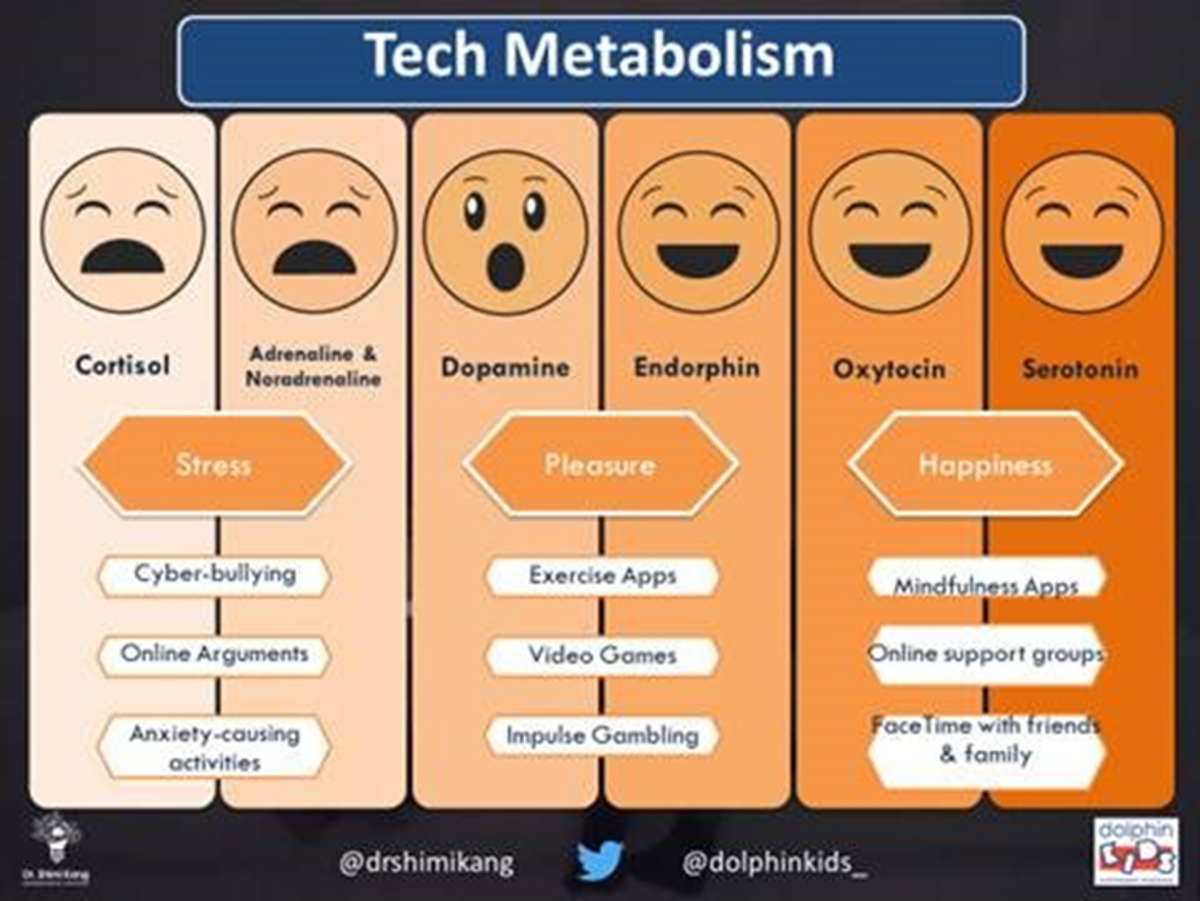Principal

The Tech Diet Challenge #techdietchallenge
St Patrick’s College is a member of the International Boys Schools Coalition (IBSC) and as such, I am privileged to be able to read the most recent research into boys’ education from right around the globe. The negative impact of technology with adolescent males is a worldwide phenomenon. One of the recent articles was written by Dr. Shimi Kang, a Harvard-trained medical doctor, researcher, best-selling parenting author, and mum of three who is an expert in the biology, psychology, and reality of motivation (www.drshimikang.com). Like me, you can watch Shimi Kang and Gary Kern discuss the tech diet challenge for IBSC member school St. George’s School for Boys (Canada).
In an article she wrote, she described a real-life situation which she has dealt with. I share it with you because it could just as easily have been one of our boys becoming increasingly impacted by negative tech use. Here is the story:
Mason was a “high achieving boy” and a dream student in any school. By grade 10, Mason was consistently on the Dean’s Honour Roll list and was a leader on the rowing team. He was known to be driven, hardworking, and responsible. Thus, can you imagine the shock to his family, friends, school, and even himself when he was caught cheating by buying an online essay? Further insight into Mason’s internet habits revealed even more concerning trends - chatting with online camgirls (a girl or woman who interacts with online viewers over web-camera).
Since these all seriously violated school policy, Mason was suspended. He was flooded with feelings of shame, anxiety, depression, and self-hatred. The revelation and suspension resulted in Mason losing his place on the school rowing team. This lead to further social isolation and unleashed feelings of anger towards the school for “dumping” him and not recognizing his “worth.” He began to lash out at the school teams and coaches, inflame his parents against the administration, and retreat to further uncontrolled internet use. Who, what, how could all this be explained? How could the discrepancy between who Mason appeared to be on the outside and how he felt on the inside be explained? Was it parenting, technology use, school culture, all of the above? How many other boys out there were like Mason? We have heard the terms orchid and dandelion kids to describe delicate and resilient students, and crispies and teacups to describe burned out and fragile students. However, could this be a new crop of boys emerging? Those that have been hit with a perfect storm of high pressure to perform, trends of over protecting & perfectionism, poor life skills development, and high use of technology? Could this “driven” student be motivated by fear and ego rather than passion and purpose? Is this the image of the 21st century boy?
Such questions can go on in a myriad of different directions. The answers, as often the case in such complex states of human behaviour, lie deeper than one may initially think. Let’s go deeper.
Technology is increasingly being linked to anxiety, depression, body image disturbance, and internet addiction disorder has now become a medical diagnosis. This is why, just as we do with food, we need to moderate our intake of it.
Kang says our brain “metabolises” technology by generally releasing six different types of neurochemicals into our bodies:
- Serotonin – Released when we are creative, connected, and contributing.
- Endorphins – The “painkiller” of the body. Released when we experience mindfulness, meditation, gratitude, and cardiovascular exercise.
- Oxytocin – Released when we have exchanges in a meaningful connection. It is generally healthy but online predators can tap into its effects to abuse their victim’s trust.
- Dopamine – A pleasure neurochemical linked with instant reward but also addiction. Technology is increasingly being designed to specifically trigger the release of dopamine.
- Adrenaline – Best known for regulating our responses in fight-or-flight situations, but also released by likes and pokes on social media.
- Cortisol – The hallmark of stressed-out, sleep-deprived, too-busy and distracted individuals.
So not all technology is the same, but more importantly, not all experience with technology is.
Dr. Kang suggests we spend more time with healthy technology, such as meditation apps and creative apps, which gives us healthy doses of brain boosting serotonin, endorphin, and/or oxytocin, while really limiting toxic or junk tech that she equates to emotional eating. This includes social media.
Any healthy tech diet would stay away from the toxic stuff, says Kang. But a little naughtiness in moderation might be possible.
We are all advised to avoid processed food and sugary drinks, but it’s generally OK to have pizza and popcorn with your children on a Friday night.
Similarly, it is probably okay to “snack” on mindlessly scrolling through your Instagram account or playing a video game.
However, if you are diabetic or prone to diabetes, your medical recommendation concerning sugar will be much stricter than that prescribed for the general population.
It is the same with technology, says Kang. “If you are an individual with a family history of addiction, anxiety, depression, or time-management issues, for example, then you have to be careful, because you are at a higher risk of converting them to the toxic addiction.”
Teenagers in particular are more vulnerable and there is enough research to identify those who are more prone to getting in trouble online, she says.
While most of us can’t imagine living without it, a “tech diet” or “digital detox” can help us gain perspective on our tech habits, ensuring that we are engaging in healthy tech behaviour that doesn’t come at the expense of something more important — whether it’s as basic as a good night’s sleep or as important as prioritising our mental health. So, will you be going on a tech diet in 2022?
Why not pledge to consume a healthier "tech diet"?
Just like the foods we consume impact our bodies; the technology we consume impacts our minds. #TechDietChallenge motivates and empowers children, youth, and adults to establish a healthy "tech diet" at home, at school, and at work.
As a family, try logging into this website and for a month, try to improve your “tech diet”. I would love to hear back from boys after a month to see if it has improved their overall wellbeing.
In Memoriam
We pray for the Ling Family, particularly Hayden Ling (Year 12), Spencer Ling (Year 12) and their father, Mr Glenn Ling (Second XV Coach), on the recent loss of their grandmother and mother, Mrs Judy Ling.
Eternal rest grant onto her O Lord and let perpetual light shine upon her.
May she rest in peace.
Amen.
Dr Vittoria Lavorato
Principal
SPC boys can do anything!
**except divide by zero

